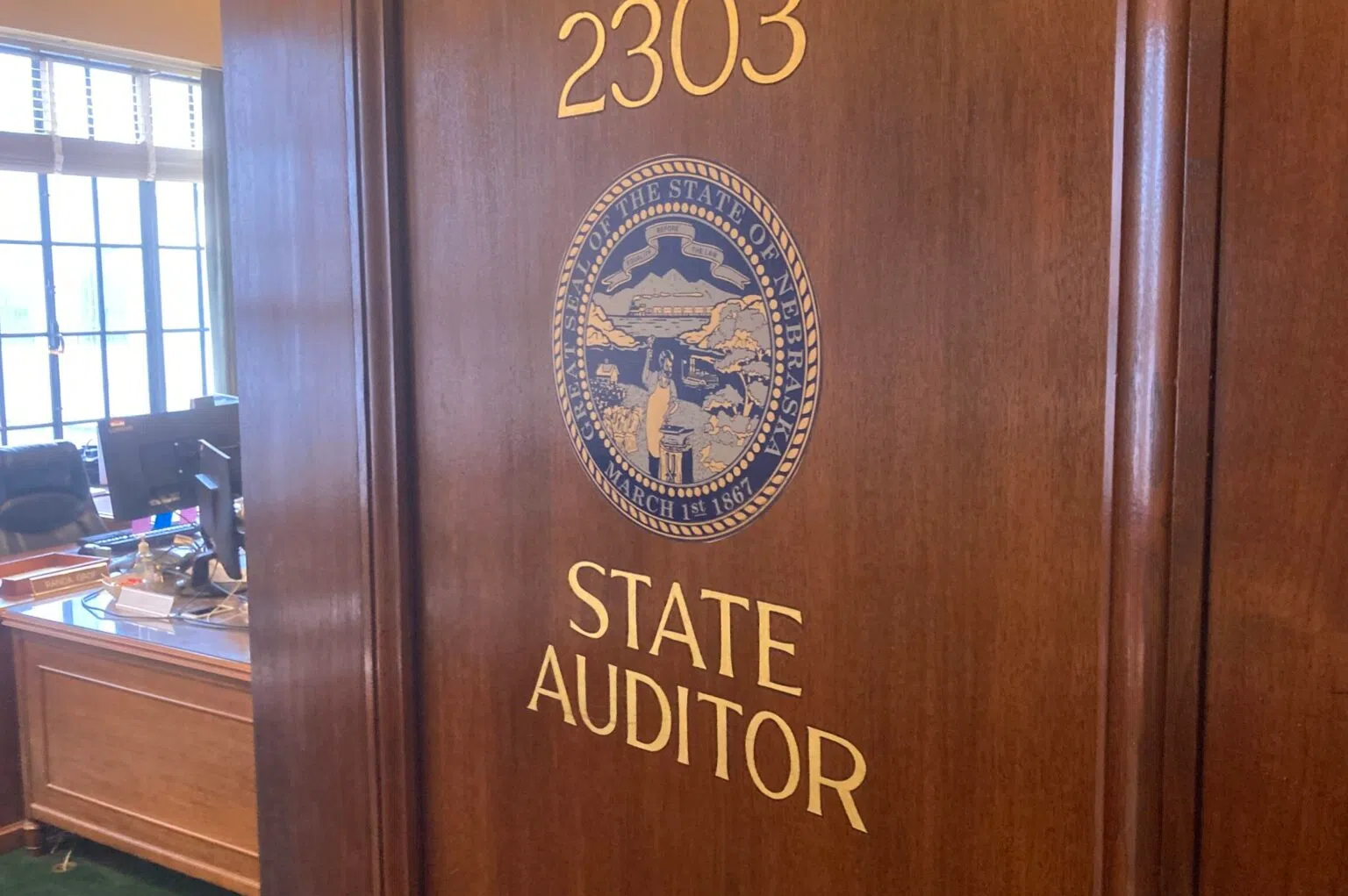The City of Auburn has returned $658,003 to the state following questions raised about its tax-increment financing (TIF) practices, as announced by Nebraska State Auditor Mike Foley on Monday.
In a 13-page letter sent in May to Auburn’s mayor, the city’s Community Redevelopment Authority, and the chairman of the Nemaha County Board, Foley outlined his concerns regarding the collection of excess TIF revenue by the Community Redevelopment Authority. He noted that these funds were used for projects that had not yet been developed. “The purpose of TIF is to cover the costs of specific redevelopment projects using increased property taxes from improvements,” Foley stated. “It should not allow developers to create a slush fund.”
TIF projects require city approval and allow property tax revenue from new developments to cover eligible costs for up to 20 years, diverting funds from traditional recipients like school districts. While the original property tax payments remain frozen, once the TIF loan is repaid, future property tax revenues revert to their usual destinations.
Auburn City Administrator Crystal Dunekacke clarified that returning the funds does not imply any wrongdoing, asserting that the redevelopment authority has complied with the Community Development Law. She described the return as a “self-imposed action” to address uncertainties regarding the rollover of leftover TIF revenue.
Foley acknowledged that both parties agree the returned funds will be distributed among local governmental subdivisions that typically receive property tax revenues.
Broader concerns about TIF practices in Nebraska persist, as Foley expressed that some communities may be creatively leveraging TIF in ways that could increase local property taxes. He pointed to Omaha’s plan to use TIF for a $389 million streetcar project, which he labeled as the largest diversion of property tax dollars for economic development in Nebraska history.
While Foley’s office can report its findings, it lacks the authority to enforce penalties, leaving any potential changes to TIF law to the Nebraska Legislature. He cautioned that cities, while eager to promote economic development, may be approaching a point of excess.


















Comments